Attendees
Code of Conduct
These guidelines emphasize professionalism, integrity, and respect during the conference. Participants are expected to engage actively, adhere to policies, and maintain confidentiality. Proper conduct, attire, and awareness of emergency protocols ensure a successful and respectful event for all.
Code of Conduct for the World Congress of Psychology and Counselling
Professionalism and Respect:
- All participants are expected to conduct themselves with the highest level of professionalism and respect towards others. Discriminatory, harassing, or disruptive behavior will not be tolerated.
Academic Integrity:
- Uphold the principles of academic integrity in all presentations, discussions, and exchanges. Ensure that all research and contributions are original and properly cited.
Confidentiality:
- Respect the confidentiality of proprietary or sensitive information shared during sessions and discussions.
Timeliness and Engagement:
- Be punctual for all scheduled sessions and actively participate in discussions and activities.
Adherence to Policies:
- Comply with all conference guidelines and protocols, including those related to virtual participation, session formats, and safety measures.
Disclosure of Conflicts of Interest:
- Disclose any potential conflicts of interest that may affect your presentations or participation.
Professional Attire:
- Wear appropriate professional attire suitable for a formal academic and professional setting.
Media Recording and Photography:
- Obtain explicit permission before recording or photographing any sessions or individuals.
Respect for Venue and Equipment:
- Treat conference facilities and equipment with care, adhering to all venue-specific regulations and guidelines.
Constructive Feedback:
- Provide constructive feedback to conference organizers and fellow participants to contribute to the enhancement of future events.
Emergency Protocols:
- Familiarize yourself with and adhere to emergency procedures and protocols as communicated by conference organizers.
Frequently asked question
What workshops are available during the conference?
We offer a variety of workshops focused on mental health, professional collaboration, and wellness. For a full list of workshops and to register, visit the Workshops page.
What are the visa requirements for attending the conference in Malaysia?
How do I arrange local transportation and airport transfers?
We offer airport transfer services and information on local transportation options such as taxis, buses, and ride-hailing services. Learn more and arrange your transport on our Local Transportation page.
What accommodations are available for conference attendees?
We have partnered with several hotels near the conference venue to offer discounted rates for attendees. You can find more details and make bookings on our Accommodation page.
Where can I download conference materials?
All downloadable materials, including brochures, flyers, and past conference presentations, are available on the Resources page.
What accessibility services are provided at the conference?
We offer wheelchair access, sign language interpreters, and other accommodations for individuals with disabilities. Please contact us if you need special assistance. For more details, visit our Accessibility page.
Can I attend the conference virtually?
Yes! We offer virtual participation options, including live streaming and access to on-demand content. Find out how to join virtually on our Virtual Attendance page.
What are the tourist visa fees and processing times?
Visa fees and processing times depend on your country of origin. For a detailed breakdown, check the Tourist Visa Requirements page.
Networking opportunities
Travel tips & cultural information
Explore Malaysia with ease—discover essential travel tips, local customs, and cultural insights to make your journey smooth and memorable.
Cultural Information
Respect for Local Customs:
- Malaysia is a multicultural country with diverse traditions and customs. When visiting religious or cultural sites, dress modestly and follow any guidelines provided.
Language:
- While Bahasa Malaysia is the official language, English is widely spoken, especially in urban areas and tourist destinations. It’s helpful to learn a few common Malay phrases like “Terima kasih” (Thank you).
Food:
- Malaysia is known for its delicious and diverse food. Street food is popular, but always ensure it is from clean and reputable vendors. Be mindful of dietary restrictions, especially for halal food.
Cultural Etiquette:
- In Malaysia, handshakes are common, but among some communities, greetings may involve placing hands over the chest. Always ask or observe for the appropriate way to greet.
Essential Travel Tips
Visa Requirements:
- Ensure you have the appropriate tourist visa for Malaysia. Processing times and fees vary, so apply in advance. For more information, check the visa section on our website.
Local Currency:
- The currency in Malaysia is the Malaysian Ringgit (MYR). It is advisable to carry some cash for small purchases, but credit and debit cards are widely accepted.
Transportation:
- Public transportation is efficient and affordable. Use buses, taxis, or ride-hailing services like Grab. Additionally, most airports offer convenient airport transfer services.
Organization

World Congress on Psychology & Counselling
Recent Post
Venue Location
11 - 13 June
Genting Highland, Malaysia
wcpc@taylors.edu.my
